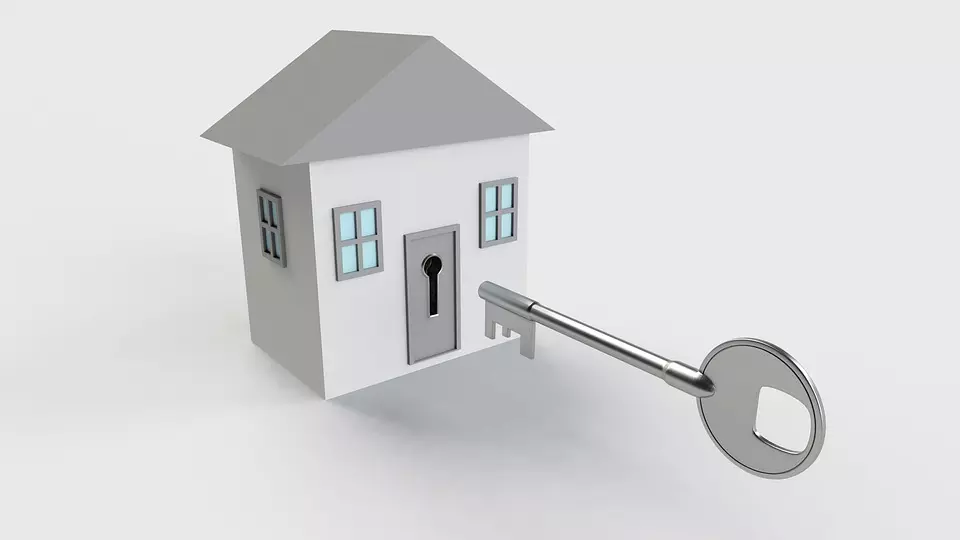When Residents Want to Change the Locks: Know Your Liability to Reduce Chance of Lawsuit
After a resident moves in to a rental home, he or she might contact the property owner and wish to change the door locks for reasons such as a change in roommates, domestic abuse, family issues or divorce. As a property owner, should you allow this? The answer is yes. If you refuse to allow the resident to change the locks, and then there is theft of resident property occurs because someone still had access to the home, then you could be held liable in a lawsuit for failure provide the means to secure the home. Additionally, the resident might want to change the locks immediately on their own rather than waiting for you to have your preferred locksmith change the locks. You should allow the resident to change locks immediately to help prevent potential problems in the future. For example, in a domestic abuse case, allowing the resident to change locks immediately on their own could prevent further domestic violence, whereas if you require that the resident wait for your preferred locksmith, additional violence could occur, and you could be held legally liable. It is your legal obligation as a property owner to ensure a home with proper locks for your residents, and this includes providing locks and keys prior to move in. However, after residents move in, it is their responsibility to maintain the locks and keys. So, if the resident loses the keys, or breaks or changes the locks, then the resident is responsible for replacement costs. Additionally, if the resident does change locks, he or she must provide you as the property owner with keys for continued access to the property. Regardless of who is changing the locks, ongoing open dialogue and documented conversations between a property owner and residents regarding lock changes are important to limit liability. Real Property Management follows the best practice, which is to change locks before a home is rented to new residents. Not only does this help reduce the property owner’s liability and guard against the costs of a lawsuit, but also makes the property easier to rent and reduces vacancy time as prospective renters can be told that the property is protected with recently changed locks. Would you like to learn more about Real Property Management’s services? Please visit our office locator to find your nearest location.
Additionally, the resident might want to change the locks immediately on their own rather than waiting for you to have your preferred locksmith change the locks. You should allow the resident to change locks immediately to help prevent potential problems in the future. For example, in a domestic abuse case, allowing the resident to change locks immediately on their own could prevent further domestic violence, whereas if you require that the resident wait for your preferred locksmith, additional violence could occur, and you could be held legally liable. It is your legal obligation as a property owner to ensure a home with proper locks for your residents, and this includes providing locks and keys prior to move in. However, after residents move in, it is their responsibility to maintain the locks and keys. So, if the resident loses the keys, or breaks or changes the locks, then the resident is responsible for replacement costs. Additionally, if the resident does change locks, he or she must provide you as the property owner with keys for continued access to the property. Regardless of who is changing the locks, ongoing open dialogue and documented conversations between a property owner and residents regarding lock changes are important to limit liability. Real Property Management follows the best practice, which is to change locks before a home is rented to new residents. Not only does this help reduce the property owner’s liability and guard against the costs of a lawsuit, but also makes the property easier to rent and reduces vacancy time as prospective renters can be told that the property is protected with recently changed locks. Would you like to learn more about Real Property Management’s services? Please visit our office locator to find your nearest location.
We are pledged to the letter and spirit of U.S. policy for the achievement of equal housing opportunity throughout the Nation. See Equal Housing Opportunity Statement for more information.
Get the Neighborly App
In addition to Real Property Management's expert skills in managing your rental property, you can utilize Neighborly's other brands to maintain and enhance your home. Use the Neighborly App to get connected to local home service professionals. Download and receive offers only available on the App.
Depending on current health and safety regulations in your area, some of the services mentioned in this post may not be available. Neighborly service providers will follow the latest health and safety guidelines provided by the local and state governments. Please check with your local Neighborly service provider for details at the time you need service(s).






